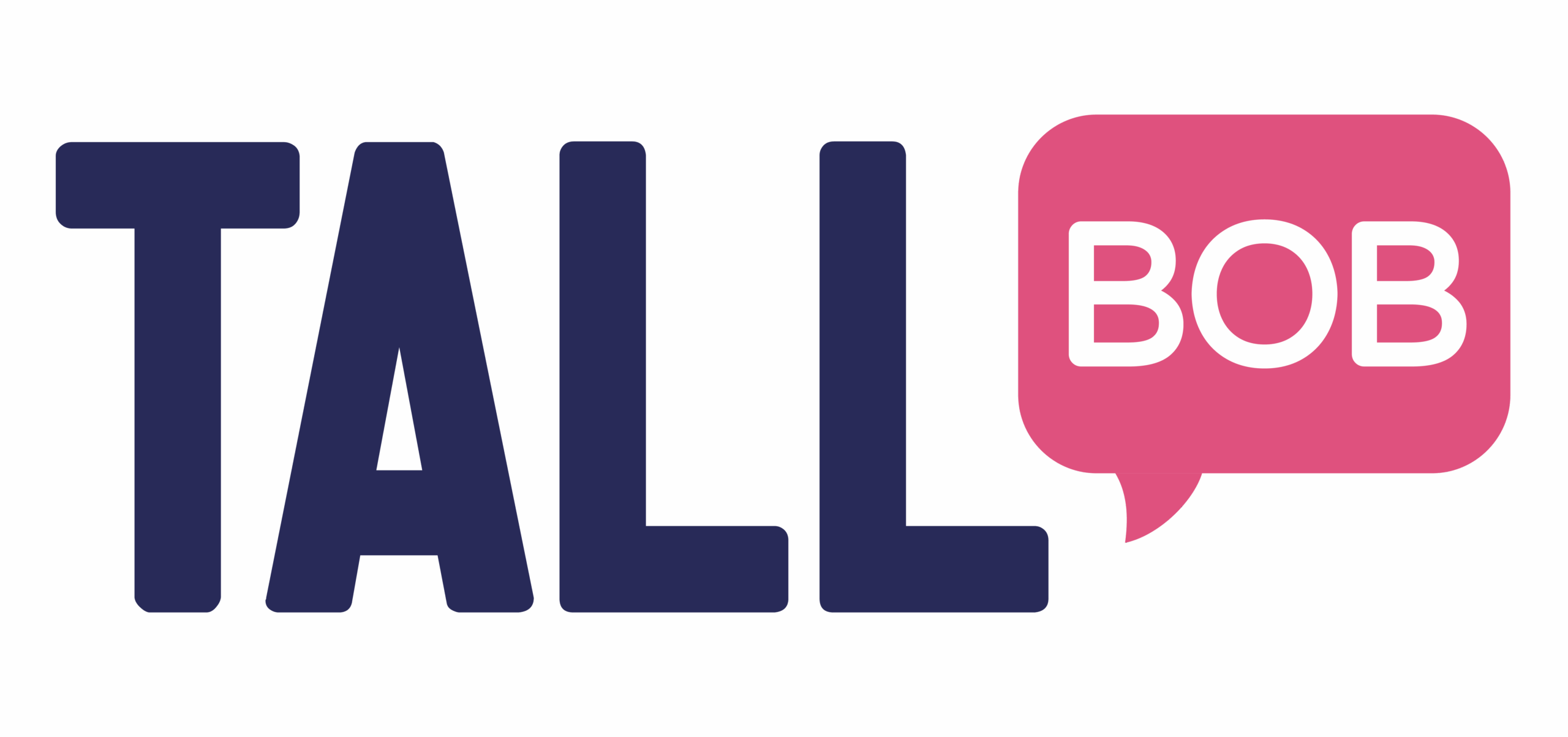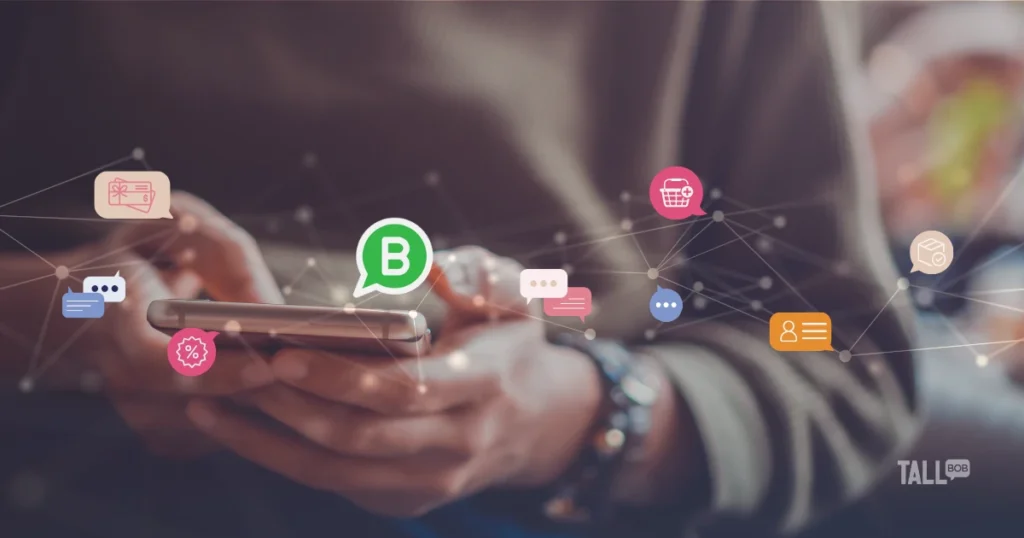WhatsApp Business is gaining traction globally, but what does it mean for Aussie brands? We break down the hype, compare it to SMS/MMS, and explore where it fits in your customer engagement strategy—now and in the near future.
Cutting Through the Noise
In Australia, many businesses are still hesitant about adopting WhatsApp Business. Despite its global popularity, it’s not yet a staple in our marketing toolkits. But with mobile messaging becoming increasingly central to customer engagement, it’s worth exploring what the platform offers, especially if you’re already using SMS or MMS.
This blog is written for businesses considering WhatsApp Business, not for end users. The focus is on how brands can utilise it to better connect with their customers.
WhatsApp isn’t one-size-fits-all. It’s conversation-first. If you treat it like a broadcast tool, you’ll alienate the people who actually want to use it. Businesses need to understand the expectations that come with the channel. It’s not just another inbox. It’s a place to connect, answer questions, and be helpful, one message at a time.
— Aaron Guild, Head of Product at Tall Bob
WhatsApp Business: Beyond the Hype
WhatsApp Business comes in two flavours:
- WhatsApp Business Application – A free application for businesses to log in to and manage their customer interactions. It is designed specifically for small businesses.
- WhatsApp Business API – Tailored for medium to large businesses, this API integrates with your systems, enabling automated messages, customer support, and more.
While some perceive WhatsApp Business as just another messaging app, it’s more than that. It offers features like branded profiles, advanced automation, including chatbots and guided experiences, and integration capabilities that SMS doesn’t provide.
Globally, WhatsApp Business is thriving. As of late 2024, it had over 764 million monthly active users. However, in Australia, adoption has been slower, partly due to the entrenched use of SMS and differing consumer behaviours.
SMS vs. WhatsApp Business: Friend or Foe?
SMS is a reliable and universally accessible communication channel, making it ideal for sending alerts and simple promotions. However, it’s limited in interactivity.
WhatsApp Business, on the other hand, allows for richer, two-way conversations. You can send images, videos, and documents and even use interactive buttons to enhance customer engagement.
They’re not mutually exclusive. SMS can handle urgent notifications, while WhatsApp can manage customer service and detailed interactions.
What WhatsApp Business Actually Does (That SMS Doesn’t)
With WhatsApp Business, you can:
- Send Rich Media – Share images, videos, and documents to provide more context and value.
- Automate Conversations – Utilise chatbots to handle common queries, freeing up your team to focus on more complex issues.
- Verify Your Business – Gain customer trust with a verified business profile.
- Integrate with Systems – Connect WhatsApp with your CRM or support tools for seamless communication.
These features enable a more engaging and efficient customer experience compared to traditional SMS.
Adoption Barriers & What’s Holding Australian Businesses Back
Several factors contribute to the slow adoption of WhatsApp Business in Australia:
- Privacy Concerns – Businesses are cautious about data security and compliance.
- Customer Habits – Many customers are accustomed to SMS (or MMS) and may not expect businesses to use WhatsApp.
- Technical Challenges – Integrating the API requires technical resources and planning.
- Perceived ROI – Without clear metrics, some businesses are unsure if the investment is worthwhile.
- Registration & Verification Process – Significantly harder than SMS, requiring a multi-step approval and verification flow through Meta.
- Opt-in Requirements – Requiring customer opt-in, adding setup complexity compared to SMS’s default open channel.
However, as customer expectations evolve, these barriers may diminish.
One of the biggest challenges is resource strain. Marketers are already juggling tight budgets and too many tools, adding a new channel like WhatsApp (or RCS) splits their focus even further. And if you go the automation route, you have to keep the tone warm and conversational. These platforms aren’t made for robotic push messaging—they’re social by design.
— Ryan Berman, CEO & Founder at Tall Bob
Should Your Business Use WhatsApp Business? A Decision-Making Guide
Consider WhatsApp Business if:
✅ Your customers are active on WhatsApp.
✅ You need to provide detailed information or support.
✅ You’re looking to automate customer interactions.
For example, a retail business could use WhatsApp to send order confirmations and shipping updates, enhancing the customer experience.
Start small by integrating WhatsApp into a specific part of your customer journey, then assess its impact before scaling up.
The Future: Will WhatsApp Business Gain Traction in Australia?
Although adoption is currently limited, trends suggest that WhatsApp Business may become more prevalent in Australia in the future. One factor that could influence its growth is the rise of RCS. As brands seek more interactive and personalised communication channels, it is likely businesses will need to adopt and manage multiple platforms to meet customers where they already are, and it is anticipated that WhatsApp’s will be one of them.
Preparing now by understanding and experimenting with WhatsApp Business can position your company ahead of the curve.
The future of mobile messaging? Richer, smarter, and more personal.
— Ryan Berman, CEO & Founder at Tall Bob
Keen to explore how WhatsApp Business could work for your brand?
We’re here to help you figure out if it’s the right fit. Get in touch for a quick chat or demo. No pressure, just practical advice.


